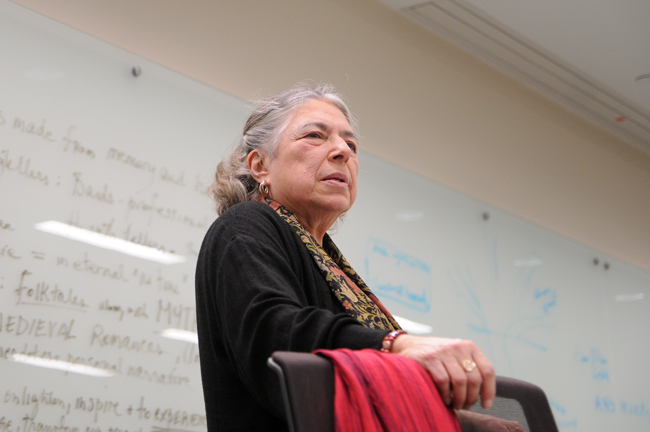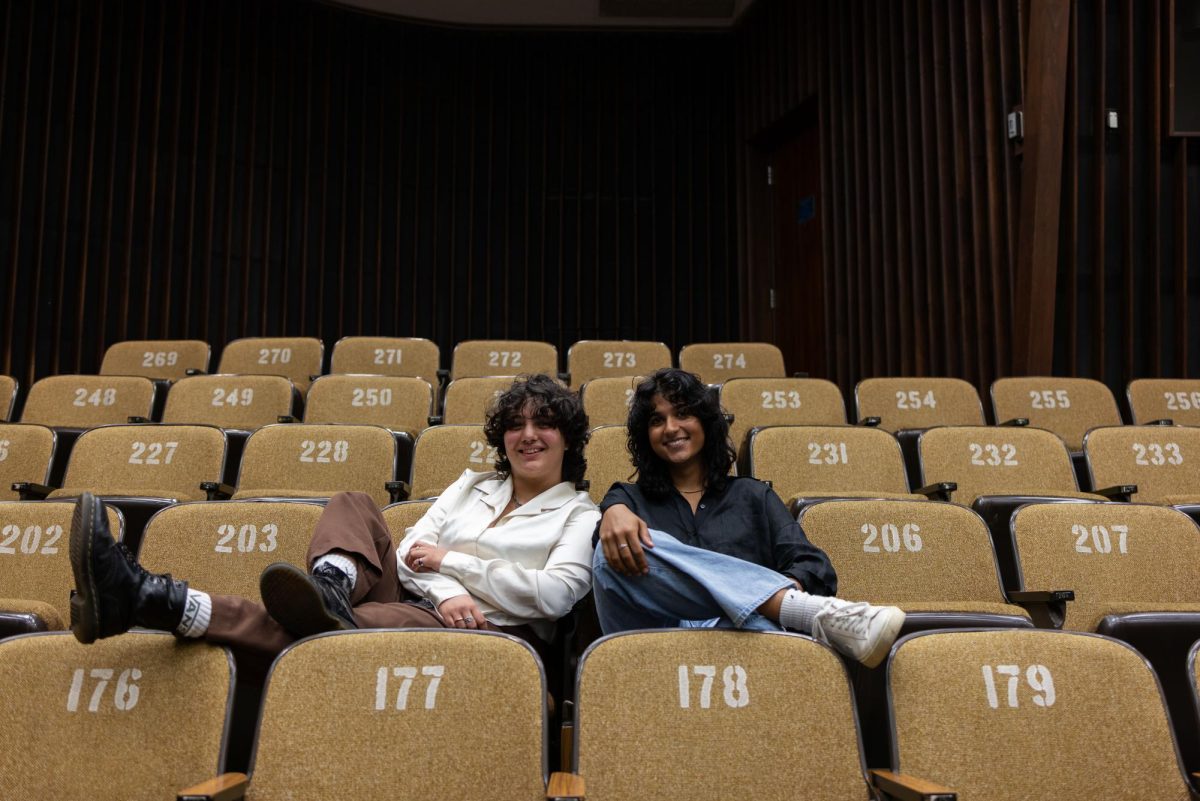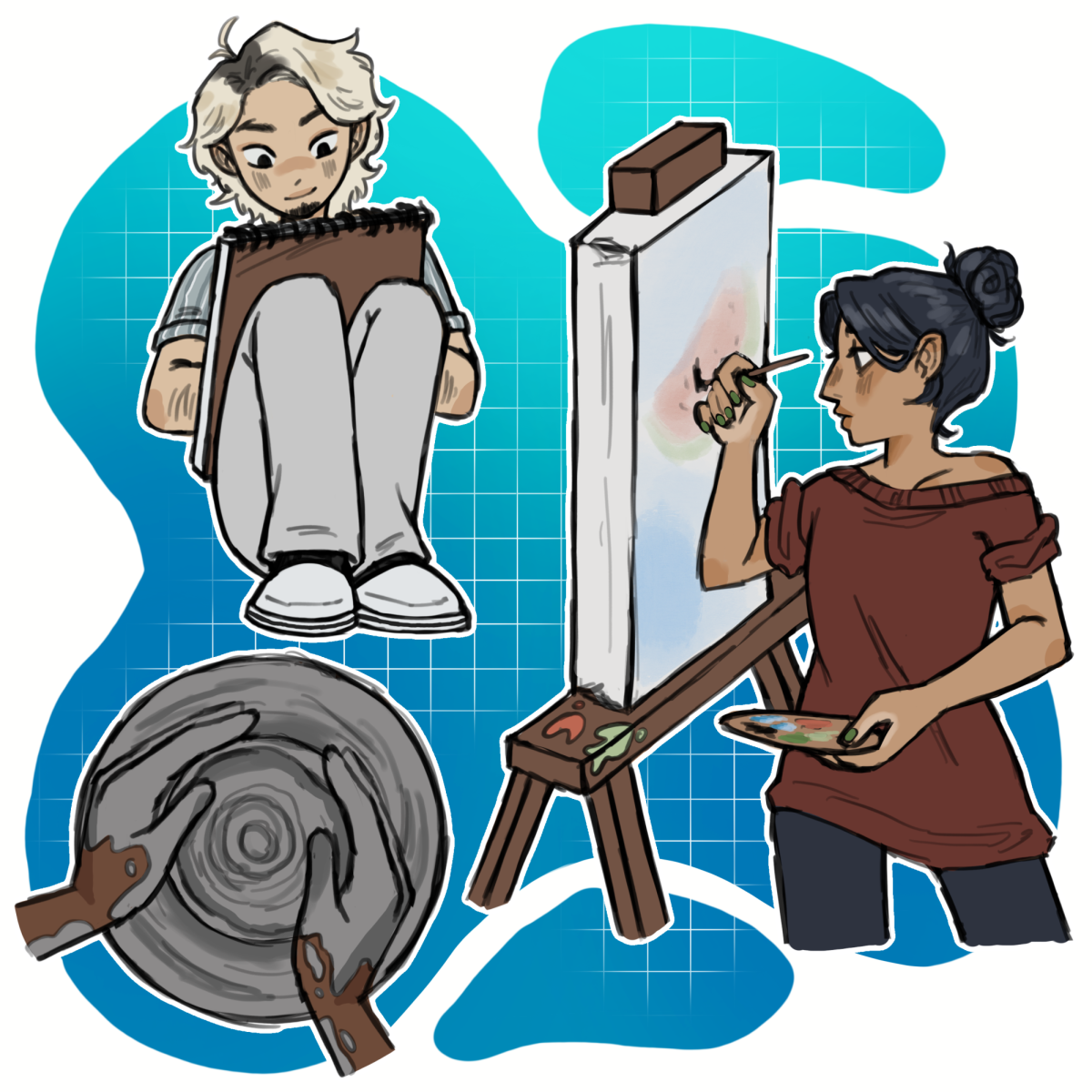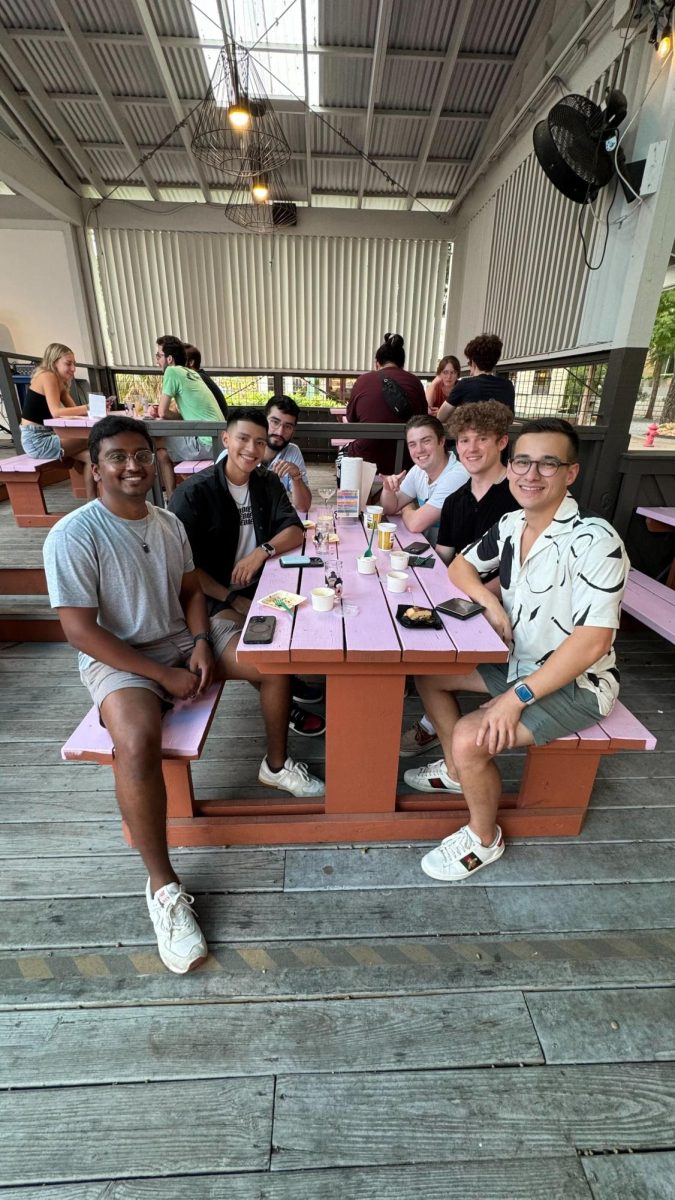Editor’s note: This Q&A has been edited for clarity and brevity.
Gioia Timpanelli, often referred to as the “Dean of American Storytelling,” is an award-winning author and believer in the tradition of storytelling. She passes down stories from all cultures, ranging from ancient to modern, with the hopes of sharing their wisdom with listeners. Timpanelli will speak on campus Tuesday in an event the Senior Fellows Honors Program of the Moody College of Communication is sponsoring. Before the event, Timpanelli emailed back-and-forth with The Daily Texan for a Q&A.
Daily Texan: What time in your life did you know that story telling was your passion?
Gioia Timpanelli: In my home, poetry and stories were recited and read. As a young child my father read to me every night and my mother taught me the alphabet and the magic of reading at an early age and from then on, I can never remember a time when I did not read.
My cousins and friends made up stories. We heard each day what was happening in the neighborhood, in our country and the world from newspapers and radio. Through the cycle of the year I heard stories from our tradition and from those of my best friend and her family from another tradition. We told and shared our life in stories, some of them in passing, some serious and some of them funny.
It was in high school and later as an undergraduate and graduate student, studying literature art and philosophy that I knew, became conscious, that poetry and stories and philosophy, spoken and written were my passion.
DT: How are you able to encompass so many different perspectives and convey culture, whether it’s Indian, Japanese or Sicilian, through your spoken stories?
GT: From a certain kind of experience that has made me see and feel that we are telling the specifics of our cultures while revealing the universals of being a human being.
By looking at art, hearing music, watching dance, reading peoples stories from anywhere in the world (unfortunately mostly in translation) has been part of this experience. Reading texts from different cultures and philosophies from yesterday and from thousands of years ago has brought to me the universality of human concerns.
DT: Do you prefer telling stories to children or an adult audience?
GT: It isn’t a preference but since we do not have the same situation that my great grandmother had (she was a hearth, home storyteller from our town and when asked, told stories in the evenings to whole families), I tell stories to adults.
Storytelling is a communal art and there were two kinds of telling in my culture: the hearth teller and the epic, bardic teller. The hearth teller told in her home and the bardic teller told in communal halls or traveled from town to town to other hearths. Although I do tell “hearth stories” I am really the second kind of teller who travels away from the hearth while, I hope, carrying it with me.
DT: Were you ever nervous when public speaking?
GT: At the beginning always, but that distance changes when I start to tell a story. That distance being between the teller and mostly unknown audience, which was not true with the old storytellers, for they told stories to their family and neighbors in the same villages.
DT: What advice can you give to those who aren’t the most captivating story tellers?
GT: The heart of the story must really be of interest and then everyone naturally knows how to tell a story, understand or know that and your already there. Now find a compatible friend and tell your story or exchange stories.
The secret is only that you have to tell a story that you really need, want or have to hear again and tell it naturally. So you tell it to a friend … how can what you tell from your heart not be ok?





















